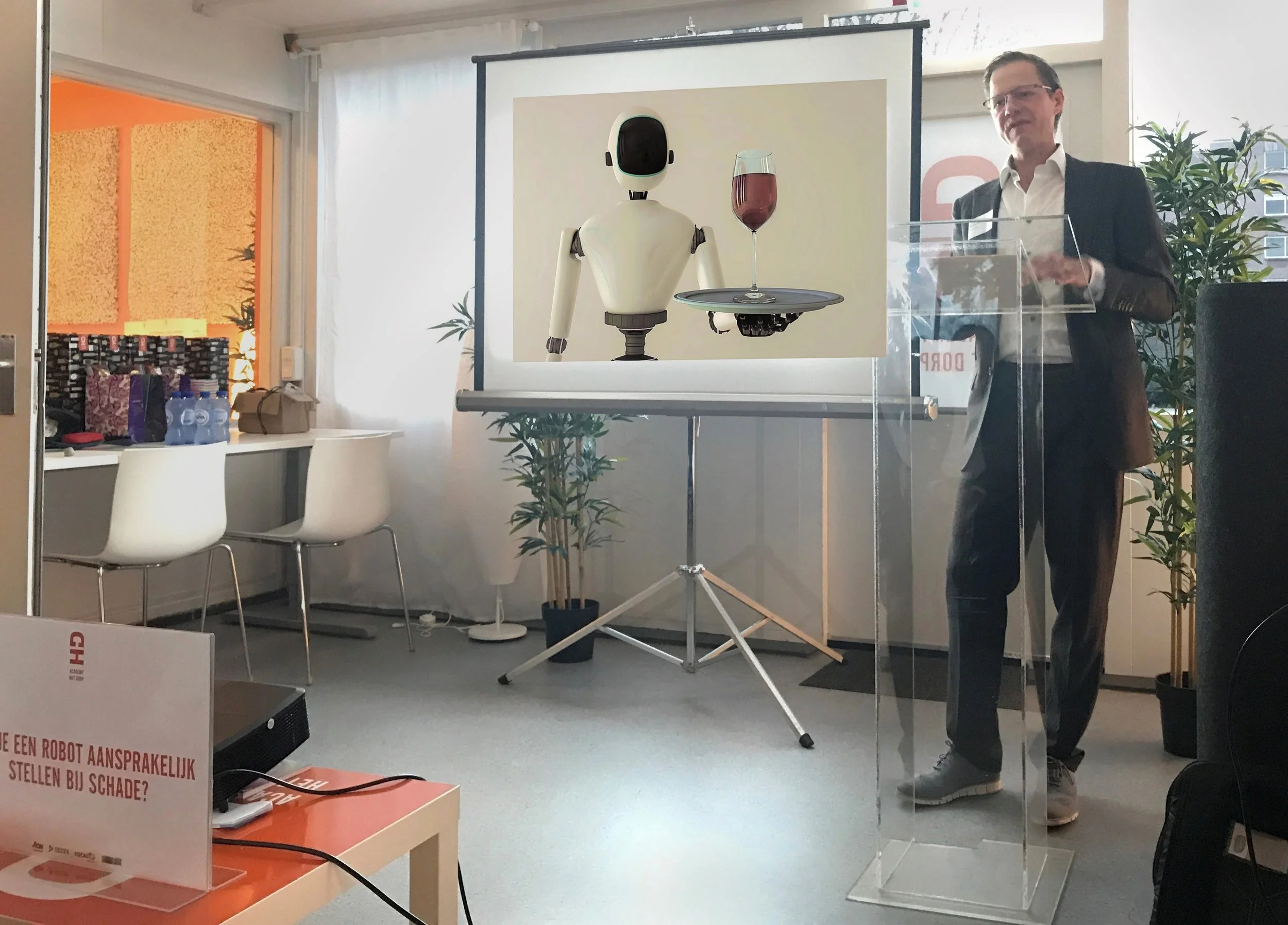Stanford - Vienna Transatlantic Technology Law Forum, Transatlantic Antitrust and IPR Developments, Stanford University, Issue No. 1/2021
New Stanford innovation policy research: “Democratic Countries Should Form a Strategic Tech Alliance”.
Download the article here: Kop_Democratic Countries-Strategic Tech Alliance-Stanford Law
Exporting values into society through technology
China’s relentless advance in Artificial Intelligence (AI) and quantum computing has engendered a significant amount of anxiety about the future of America’s technological supremacy. The resulting debate centres around the impact of China’s digital rise on the economy, security, employment and the profitability of American companies. Absent in these predominantly economic disquiets is what should be a deeper, existential concern: What are the effects of authoritarian regimes exporting their values into our society through their technology? This essay will address this question by examining how democratic countries can, or should respond, and what you can do about it to influence the outcome.
Towards a global responsible technology governance framework
The essay argues that democratic countries should form a global, broadly scoped Strategic Tech Alliance, built on mutual economic interests and common moral, social and legal norms, technological interoperability standards, legal principles and constitutional values. An Alliance committed to safeguarding democratic norms, as enshrined in the Universal Declaration of Human Rights (UDHR) and the International Covenant on Civil and Political Rights (ICCPR). The US, the EU and its democratic allies should join forces with countries that share our digital DNA, institute fair reciprocal trading conditions, and establish a global responsible technology governance framework that actively pursues democratic freedoms, human rights and the rule of law.
Two dominant tech blocks with incompatible political systems
Currently, two dominant tech blocks exist that have incompatible political systems: the US and China. The competition for AI and quantum ascendancy is a battle between ideologies: liberal democracy mixed with free market capitalism versus authoritarianism blended with surveillance capitalism. Europe stands in the middle, championing a legal-ethical approach to tech governance.
Democratic, value-based Strategic Tech Alliance
The essay discusses political feasibility of cooperation along transatlantic lines, and examines arguments against the formation of a democratic, value-based Strategic Tech Alliance that will set global technology standards. Then, it weighs the described advantages of the establishment of an Alliance that aims to win the race for democratic technological supremacy against disadvantages, unintended consequences and the harms of doing nothing.
Democracy versus authoritarianism: sociocritical perspectives
Further, the essay attempts to approach the identified challenges in light of the ‘democracy versus authoritarianism’ discussion from other, sociocritical perspectives, and inquires whether we are democratic enough ourselves.
How Fourth Industrial Revolution (4IR) technology is shaping our lives
The essay maintains that technology is shaping our everyday lives, and that the way in which we design and utilize our technology is influencing nearly every aspect of the society we live in. Technology is never neutral. The essay describes that regulating emerging technology is an unending endeavour that follows the lifespan of the technology and its implementation. In addition, it debates how democratic countries should construct regulatory solutions that are tailored to the exponential pace of sustainable innovation in the Fourth Industrial Revolution (4IR).
Preventing authoritarianism from gaining ground
The essay concludes that to prevent authoritarianism from gaining ground, governments should do three things: (1) inaugurate a Strategic Tech Alliance, (2) set worldwide core rules, interoperability & conformity standards for key 4IR technologies such as AI, quantum and Virtual Reality (VR), and (3) actively embed our common democratic norms, principles and values into the architecture and infrastructure of our technology.
Meer lezen





